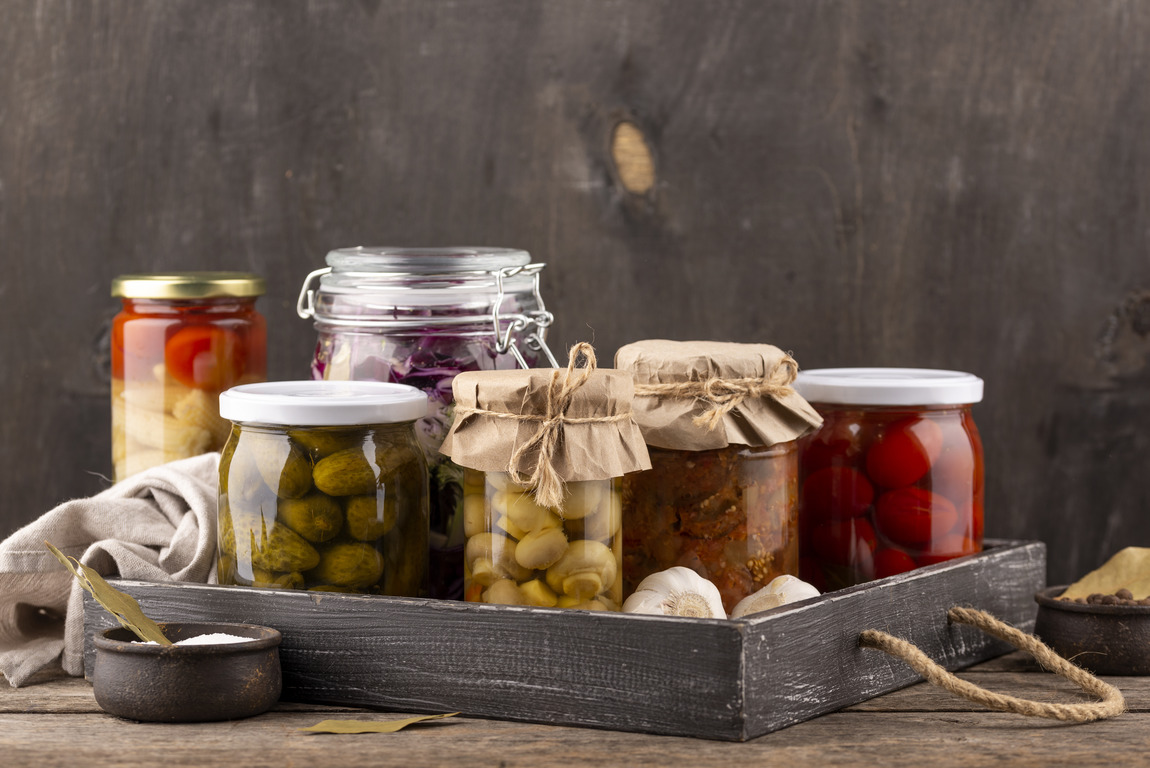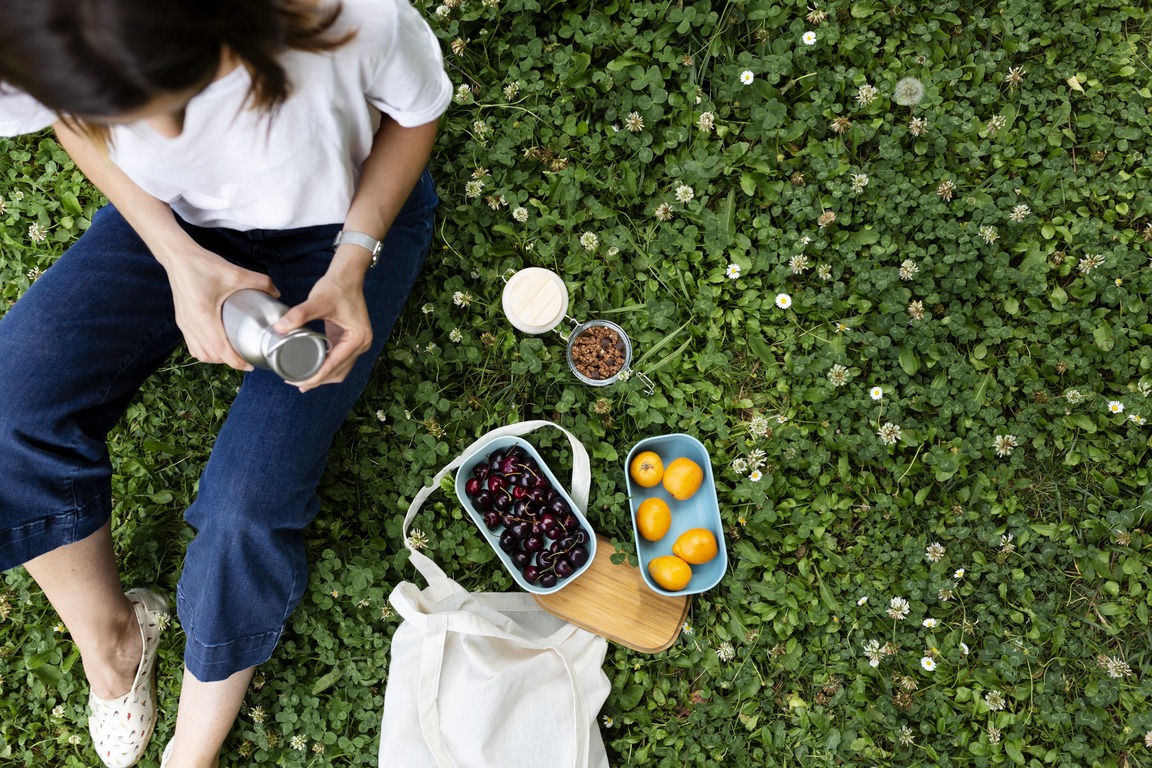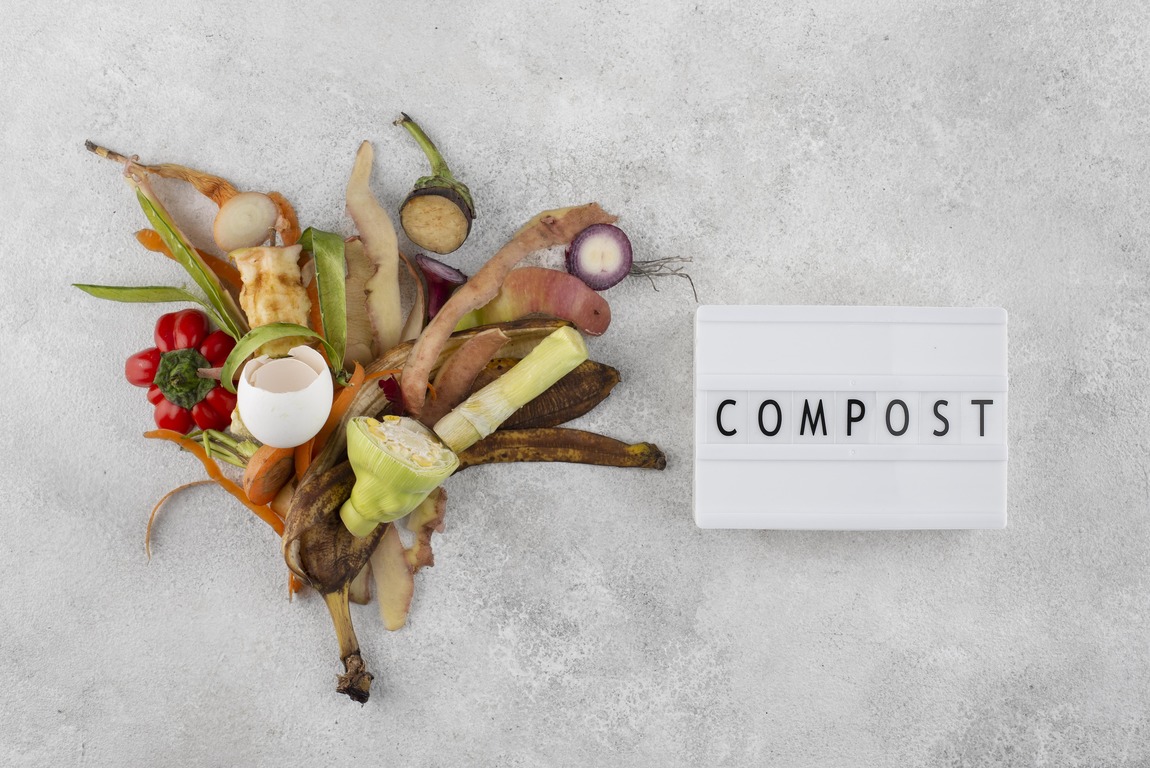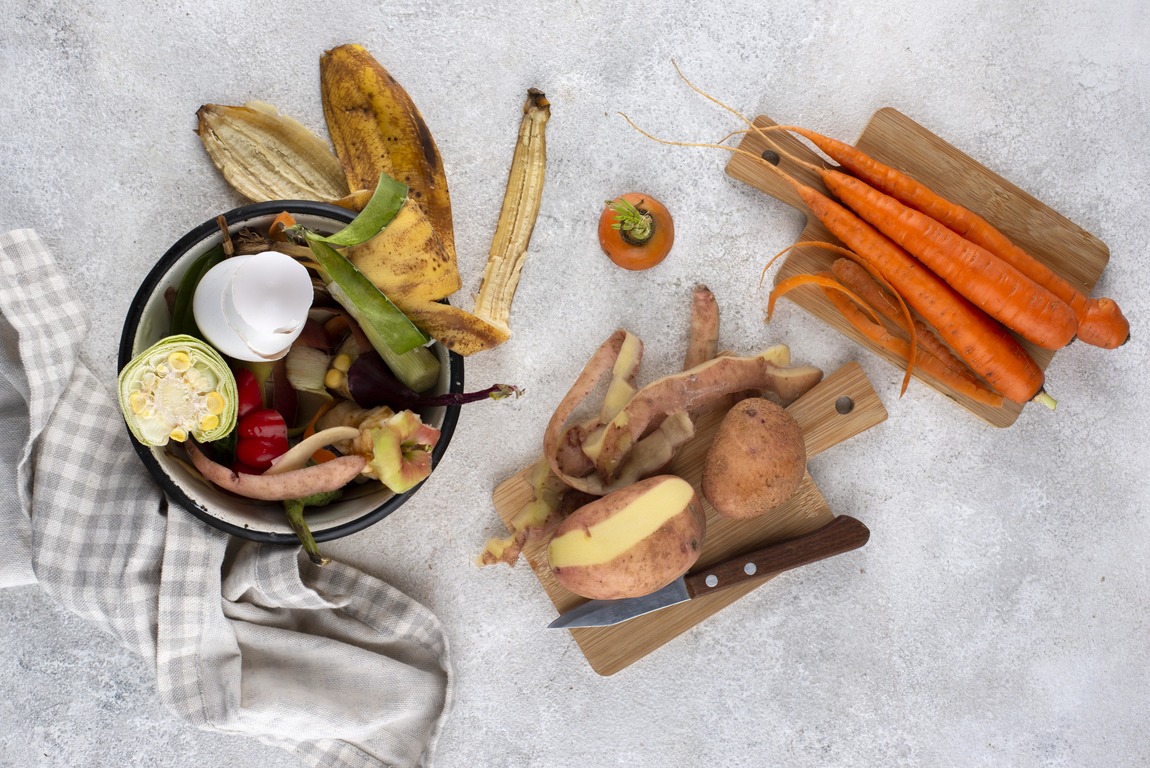Blog & Media
The Role of Food Preservation in Reducing Waste


Ahammed Yousuf - Apr 23, 2024
In Singapore, city life hides the problem of food waste. It’s a big issue, but many people don’t notice. However, a closer look reveals a silver lining. The art of food preservation stands out as a beacon of hope. It’s not just about saving leftovers. It’s about embracing a sustainable lifestyle that aims for zero food waste.
Introduction to Food Preservation
Food preservation is an age-old practice. It involves extending the shelf life of food items. This is done through canning, drying, fermenting, and freezing. These methods prevent spoilage and waste. They keep food safe and nutritious for longer periods.
In Singapore, where food waste is a growing concern. Food preservation is gaining traction. It offers a practical solution to reduce waste. This approach aligns with our nation’s vision of sustainability.
Benefits of Food Preservation
The benefits of food preservation are manifold. Firstly, it reduces food waste significantly. By preserving food, we can consume it over a longer period. This means less food ends up in the trash.
Secondly, food preservation is economical. It allows us to buy in bulk and preserve seasonal produce. This saves money in the long run. Preserved foods help in emergencies like the pandemic. They’re useful during unexpected times.
Food Preservation in Singapore
In Singapore, food preservation is becoming part of our culture. We are seeing more community initiatives and workshops. These teach residents how to preserve food. From pickling workshops to fermenting sessions, the movement is growing.
This practice not only reduces waste but also fosters a sense of community. It encourages the sharing of knowledge and resources. This is crucial in our fight against food waste.
Our Journey with D2L.SG
At D2L.SG, we’ve embraced the mission of reducing food waste. Our efforts have led to saving 441.6 million liters of water. We’ve diverted over 600 tonnes of surplus food from landfills. This has saved $7.1 million. It has also prevented 3114 tonnes of CO2 emissions.
We’ve partnered with 60 merchants and recruited over 300 rescuers. Our work has benefited 10,000 families. These achievements underscore the impact of collective action. They highlight the importance of diverting food waste. This perfectly aligns with the principles of food preservation and zero food waste.
How to Start Preserving Food
Starting with food preservation is simple. Begin with something small, like making jams or pickles. You don’t need a lot of equipment. A few jars and basic ingredients will do.
Remember to choose high-quality produce. This ensures your preserved food is delicious and safe. Experiment with different methods and find what works best for you.
Tips for Successful Food Preservation
For successful food preservation, cleanliness is key. Always use clean jars and utensils. This prevents contamination. Also, label your preserved foods with the date. This helps you keep track of when they were preserved.
Be patient and follow recipes closely. Precision is important in food preservation. It guarantees safety and the best results.
Preserving for a Greener Future
The role of food preservation in reducing waste is undeniable. In Singapore, this practice offers a sustainable solution to a pressing problem. By embracing food preservation, we contribute to a greener planet.
Our experience at D2L.SG shows that collective action makes a difference. It demonstrates the power of the community in achieving sustainability goals. Let’s continue to spread the word about food preservation. Together, we can move closer to achieving zero food waste










